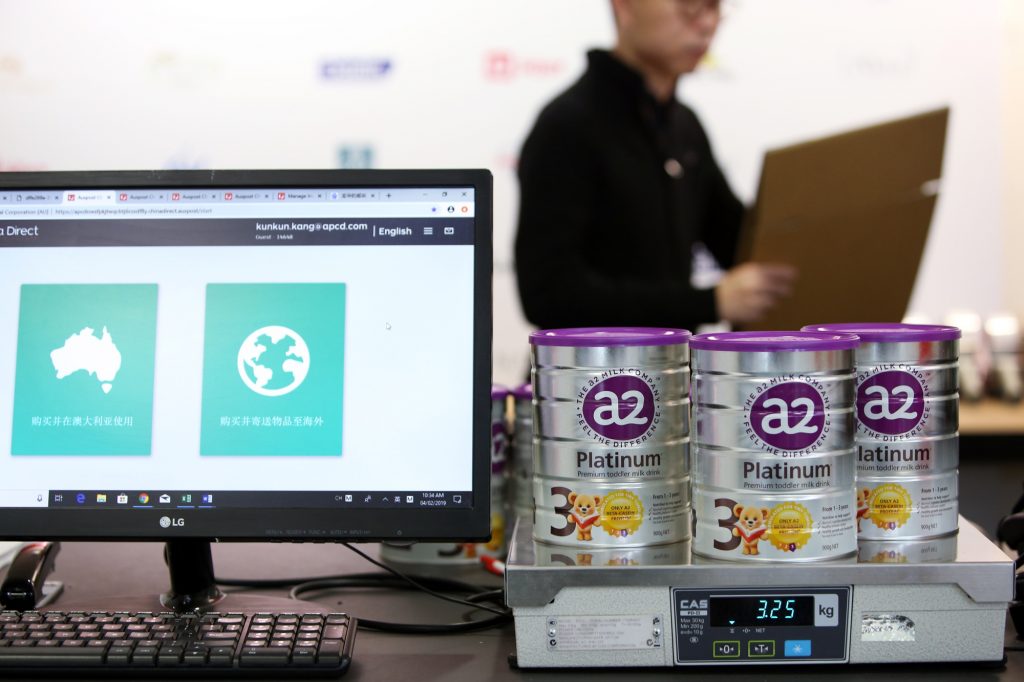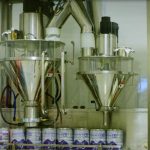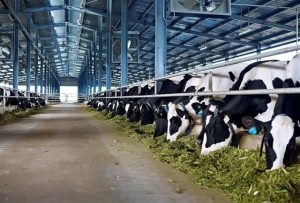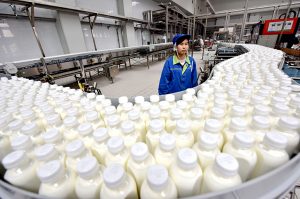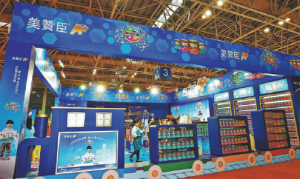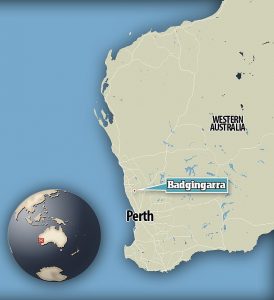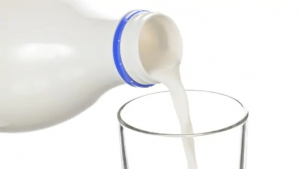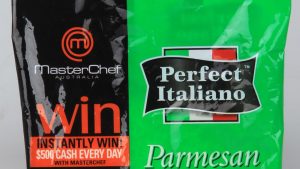
Under the new program, China aims to exceed 60% self-sufficiency for baby formula and improve the quality of domestic brands in its $27 billion infant-formula industry. Authorities are seeking to bolster consumer confidence following a deadly milk scandal in 2008.
A2 Milk sank 11% to NZ$14.09 in trading in Wellington on Tuesday. That’s its biggest drop since October, erasing NZ$1.26 billion ($826 million) in market value. In Sydney, Bellamy’s Australia Ltd. lost 5.4%, or A$50 million ($35 million), adding to Monday’s 3.2% drop. Blackmores Ltd. was down 1.3%.
“For A2 Milk Company and Bellamy’s, the risks are that their effective addressable market in China will shrink,” Morgan Stanley analyst Thomas Kierath said in a report.
After tainted baby milk in China killed six children and poisoned 300,000 others more than a decade ago, distrust of local producers sent demand for overseas brands soaring. A2 Milk is among those pouring resources deeper into China to tap demand from smaller cities. Nestle SA’s share of China’s milk-formula market has quadrupled since the scandal to make it the clear leader.
Chinese baby formula makers jumped on Monday after the government released an action plan, with Yashili International Holdings Ltd. surging as much as 16% in Hong Kong. Policymakers in Beijing are trying to reassure Chinese parents and boost local firms in the segment, which is expected to be worth about $32 billion in 2023, according to Euromonitor International.
The newly announced plan doesn’t entirely try to shut out foreign companies. It will support domestic dairy producers in acquiring or setting up overseas bases for milk supply, encourage foreign dairy firms to invest in China as well as tighten regulations on the milk-powder imports and online sales platforms.
